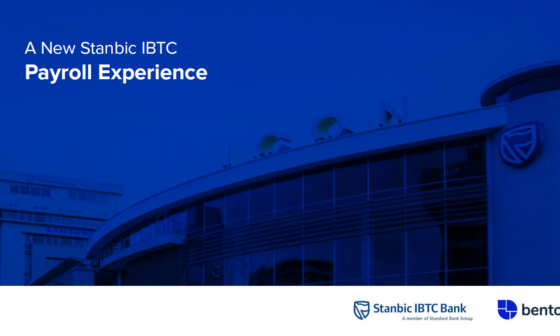I remember in 2017/2018 when I started paying attention to conversations on the future of work and how I thought robots will take over everyone’s work and humans will become redundant…

Then I went to a tech event in 2018 and some of the speakers spoke extensively on it and broke it down. Few things I learned then that I’ve now seen to be true are:
- Some sectors/roles will require more Artificial Intelligence and automation than human effort e.g. Manufacturing, Banking, Energy, Retail, etc.
- There will still be a need for human effort but it won’t be in the same capacity as before.
- Demand for higher cognitive, social, emotional & technical skills will rise while demand for basic cognitive skills will likely decline.
- Also, new roles will come up due to the use of AI and automation and that means people have to improve in their skills. So, while more jobs/roles will go extinct, more roles will be created but only those with the higher cognitive, social, emotional and technical skills can qualify.
- Healthcare will still need human effort and automation because there will still be need for inspecting and monitoring vitals, elder care and physical therapy.
- Organizations that caught up, harnessed new technologies, revamped their approaches to work and focused on the new skills they needed or retrained the current ones.
In Nigeria, we’ve seen various tech companies spring forth in the past 5-6 years especially in the financial sector which has earned them the tag “Fintech ”. From Fintech, we’ve seen the emergence of Edutech (Education tech), Healthtech, etc and I believe this has been made possible because of the knowledge and existence of Tech, AI and automation. More skills have been gained in various aspects of software development and data analytics. You’ll agree with me that no-one wants to go extinct or be replaced by robots at their workplace…lool!
Challenges of our New Reality
The Future of Work and its many goals and aspirations for the world have gone smoothly so far until the world was faced with a Pandemic that started late 2019 and disrupted the labour market globally in 2020. People lost jobs and some others adjusted to working from home. The essential workers continued working at the hospitals, supermarkets, markets while adhering to covid-19 guidelines.
- Jobs that require majorly human interaction were hit the hardest, and so they had to close down totally or migrate to a digital means of interaction.
- Travel and holidays were put on hold due to closure of airports and travel restrictions and this affected labour demand and revenue in this sector.
- Banks, Retail, Restaurants reduced physical visits to their locations by closing some branches, shifting to only deliveries and takeout in some cases.
- Jobs like accounting, consulting, software development that require little to no human interaction could easily move to remote work.
- Business trips have reduced greatly.
Some Positives
- Remote work is here to stay as there has been a great increase in employees working remotely and while this is great especially if you live and work in Lagos, Nigeria(IYKYK), the downside to it is not having a closing time or working hours 😔
- Employers have also realised that maybe they don’t need a very big office space if fewer people don’t need to come in daily thereby moving those funds elsewhere.
- Social apps like YouTube and TikTok have increased streaming and entertainment.
- There’s more adoption of automation now especially with all this remote work happening and there will be more growth and development so maybe the pandemic is in favour of the Future of Work?
- Some jobs will notice a rise in demand, especially ones around e-commerce, digital communication, creativity and healthcare.
- A greater use of teleconferencing apps for local and international meetings.

Conclusion
So far, a few things are very evident and important;
As human beings, ignorance is not an excuse. We must always be the best version of ourselves and we must keep on developing ourselves and improving our skills. Just like how people and organizations needed to adapt to the changes in skills and job demand by training themselves and ensuring they were/are ready for the future of work, it’s the same case with our new reality.
At Bento, our approach has been to buck the orthodoxy and try to think outside the box. We were a fully remote team long before it became cool during the pandemic 🙂. For us, it was not to be cool, it was experimenting with the best way to manage a fast-growing team in a bid to eliminate the stress of hours on the road and ease work conditions. Although not perfect, (nothing ever is right?) we have seen great results and although we are considering a hybrid approach due to us now being a team of over 50, we learnt a huge amount by choosing to experiment with remote work before it was forced on us.
Another great benefit is that it helped us gain deep insight into the challenges of modern African companies, and develop products that work for both physical and remote teams. For example, our hiring module in our HRM solution, People by Bento, offers users a completely seamless end-to-end experience allowing them to link to Zoom, Google Meets etc. and schedule video calls, in-person meetings, send out offer letters which can be electronically signed, and securely save them.
The reality is that as long as we live in the present, there will always be a future of work – let’s embrace it!






